-
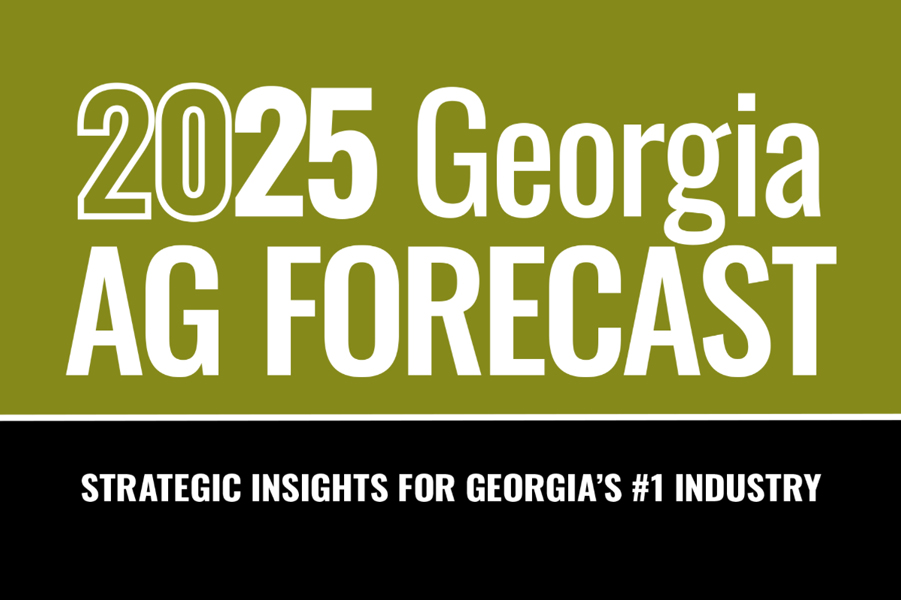
AP 130-3-01
2025 Overall U.S. and Georgia Economic Outlook
Each year, UGA’s agricultural economists develop a comprehensive overview to help various sectors of the agriculture industry navigate the year ahead. As Georgia’s land-grant university, the University of Georgia conducts cutting-edge research on critical and emerging issues that are important to the agriculture industry. From this research, UGA provides the…|
-
 This report provides research and extension results for trials conducted by the University of Georgia Vegetable Team and its collaborators in 2024. Contributing authors include county and regional faculty as well as specialists from UGA’s horticulture, plant pathology, crop and soil sciences, and entomology departments. All research has been supported…
This report provides research and extension results for trials conducted by the University of Georgia Vegetable Team and its collaborators in 2024. Contributing authors include county and regional faculty as well as specialists from UGA’s horticulture, plant pathology, crop and soil sciences, and entomology departments. All research has been supported…|
-
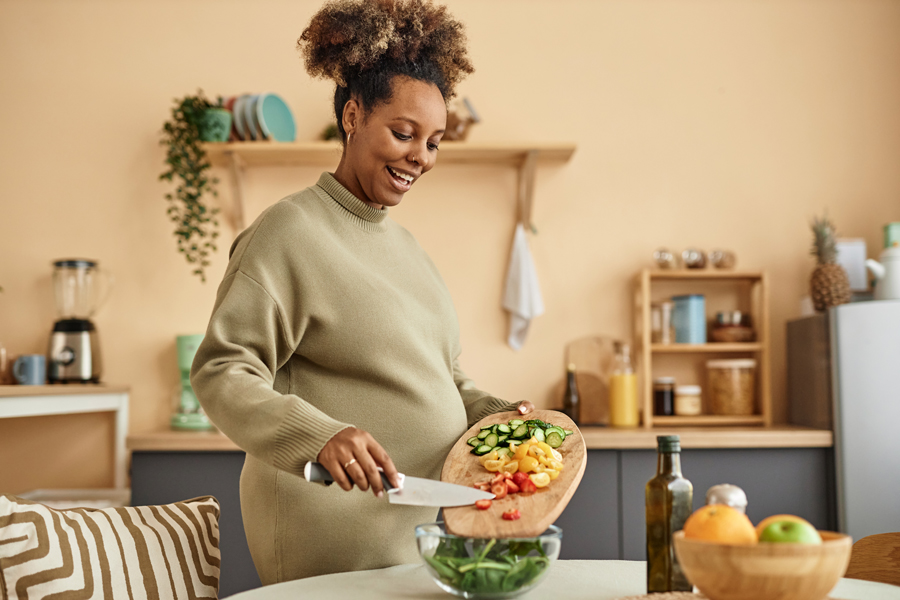 Pregnancy is a time of change, and moms-to-be have a lot to think about, for themselves and for their babies. Food safety and preventing foodborne illness (sickness caused by contaminated foods) is very important during this time. There are four easy steps that pregnant women and their families can take…
Pregnancy is a time of change, and moms-to-be have a lot to think about, for themselves and for their babies. Food safety and preventing foodborne illness (sickness caused by contaminated foods) is very important during this time. There are four easy steps that pregnant women and their families can take…|
-
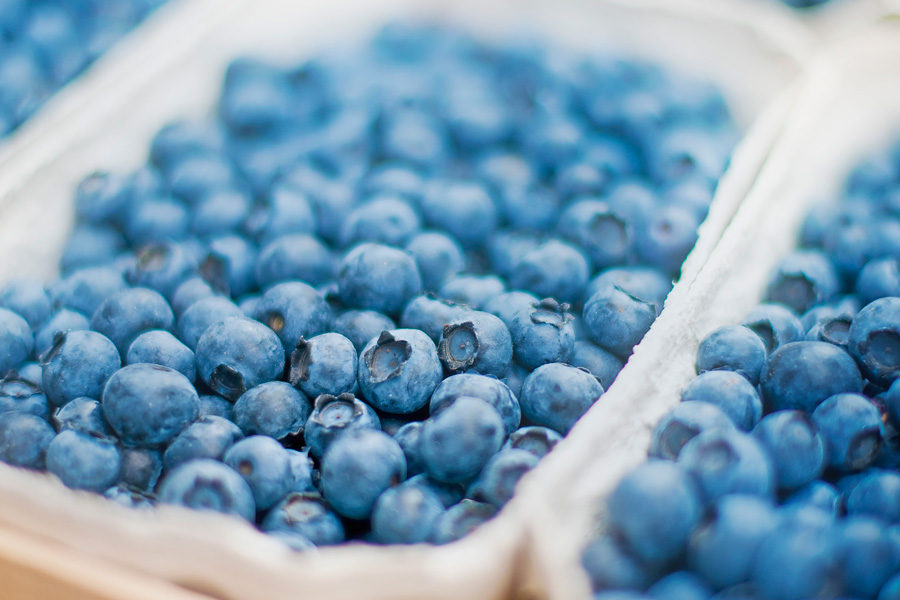
A grower survey was carried out in January 2023 during the annual blueberry update event held in Alma, Georgia. Survey responses were collected from 26 growers from eight Georgia counties. The results indicated the cultivar preference of south Georgia growers and major production constraints of blueberry production in southeast Georgia.
|
-
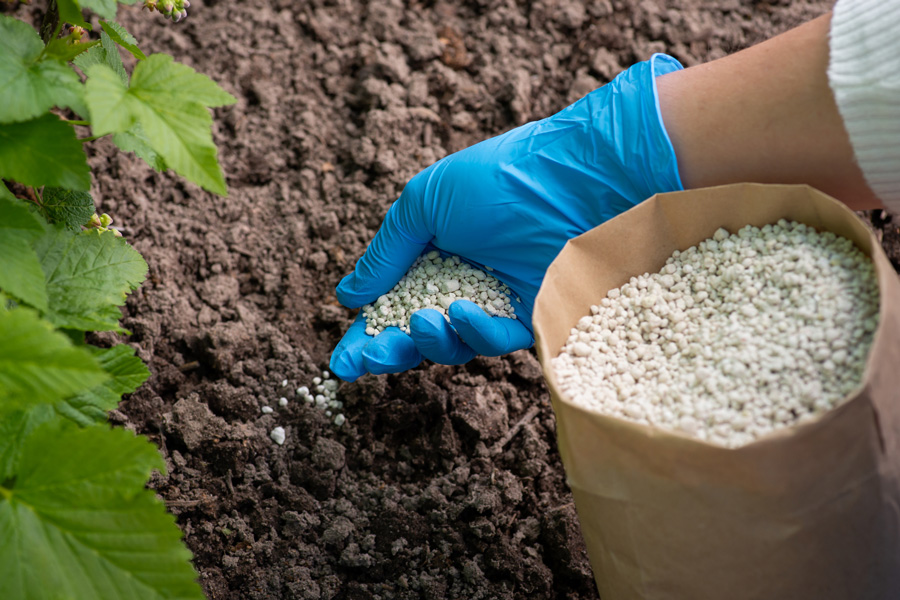 Use this publication to calculate planting densities, fertilizer application rates, sprayer calibration, and soil amendment applications using unit conversions. We demonstrate the “raw math” behind common calculations to provide you with the tools for solving any equation using simple addition, subtraction, multiplication, and division. No longer will you be dependent…
Use this publication to calculate planting densities, fertilizer application rates, sprayer calibration, and soil amendment applications using unit conversions. We demonstrate the “raw math” behind common calculations to provide you with the tools for solving any equation using simple addition, subtraction, multiplication, and division. No longer will you be dependent…|
-

AP 133-1
Hurricane Helene Impact Report
We estimate that Hurricane Helene’s damages to Georgia agriculture and forestry will cost the state economy at least $5.5 billion in 2024 present value. This figure represents the sum of direct crop losses, losses to firms that support agriculture and forestry, losses to workers in those and related industries, and…|
-
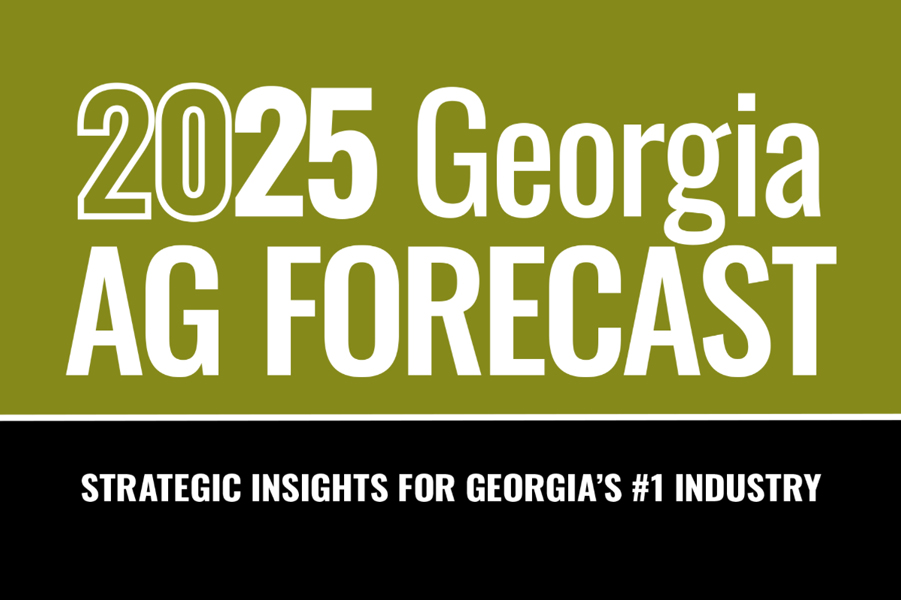
AP 130-3
2025 Georgia Ag Forecast
Each year, UGA’s agricultural economists develop a comprehensive overview to help various sectors of the agriculture industry navigate the year ahead. As Georgia’s land-grant university, the University of Georgia conducts cutting-edge research on critical and emerging issues that are important to the agriculture industry. From this research, UGA provides the…|
-
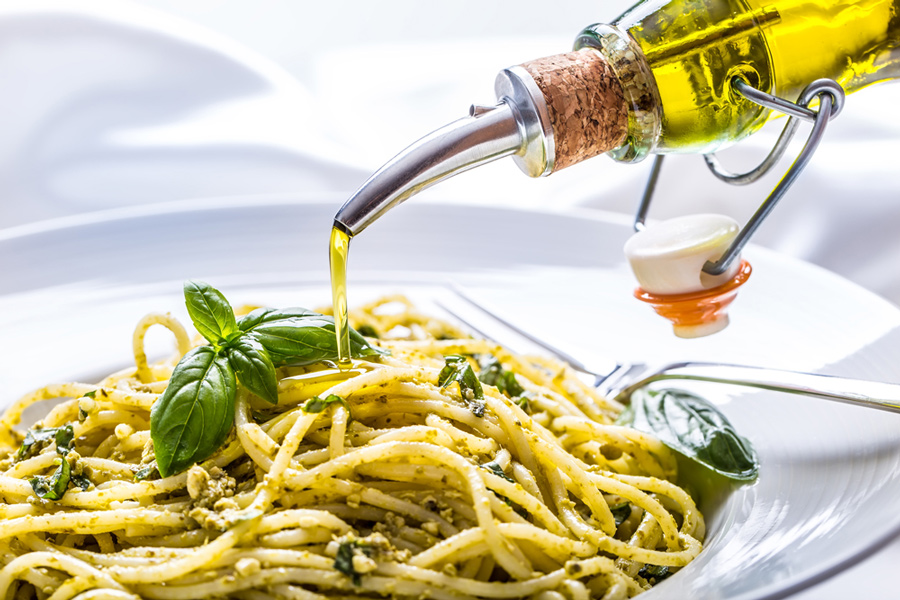 Making homemade infused cooking oils comes with food safety risks, particularly for those infused with garlic and herbs. Infused oils can enhance flavor and food presentation, but the combination of oil, garlic, and herbs creates an anaerobic (low-oxygen) environment, which is ideal for the growth of the bacteria that causes…
Making homemade infused cooking oils comes with food safety risks, particularly for those infused with garlic and herbs. Infused oils can enhance flavor and food presentation, but the combination of oil, garlic, and herbs creates an anaerobic (low-oxygen) environment, which is ideal for the growth of the bacteria that causes…|